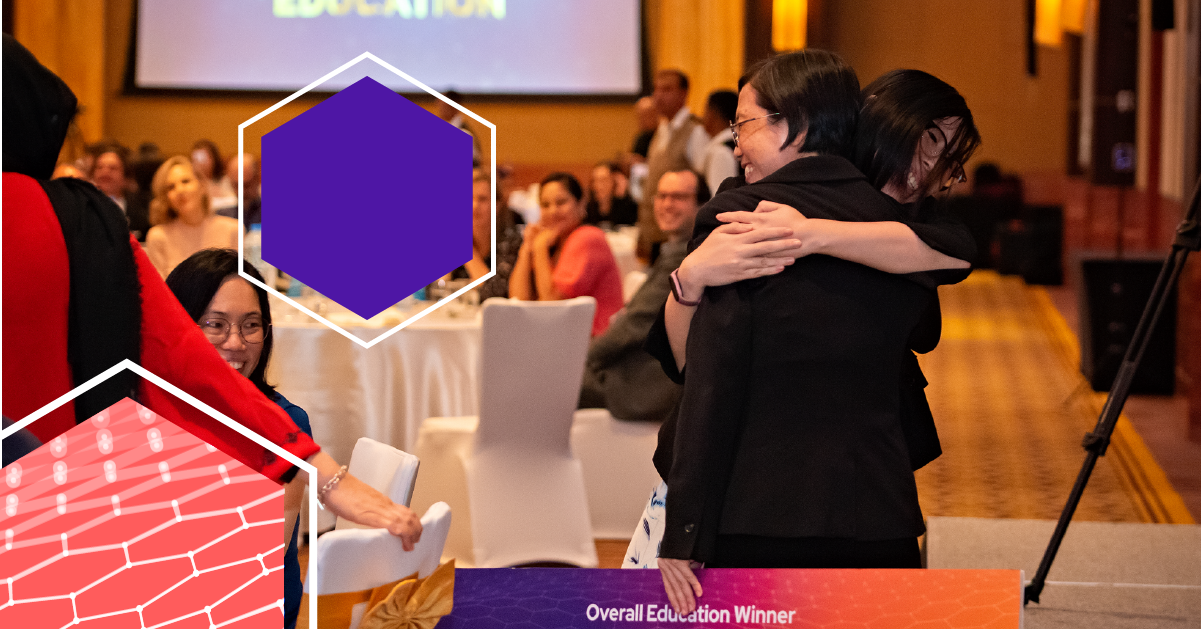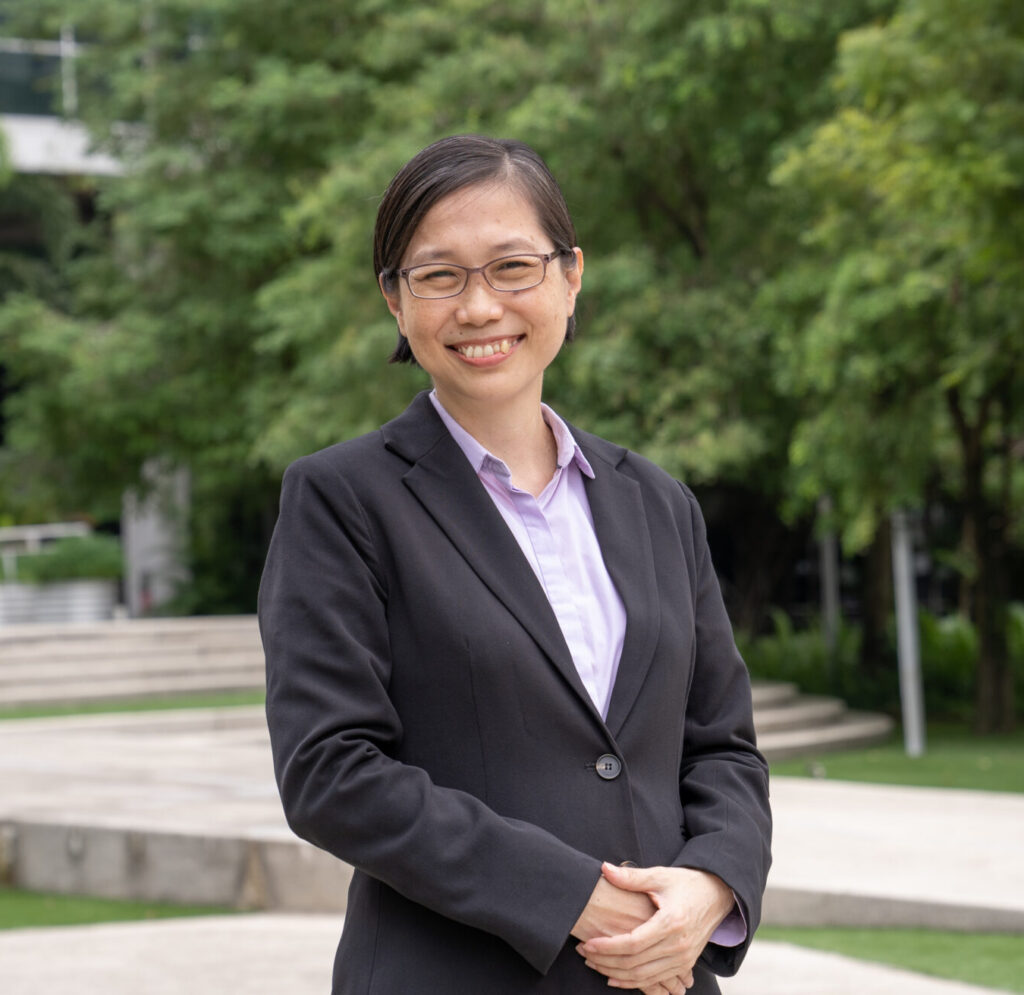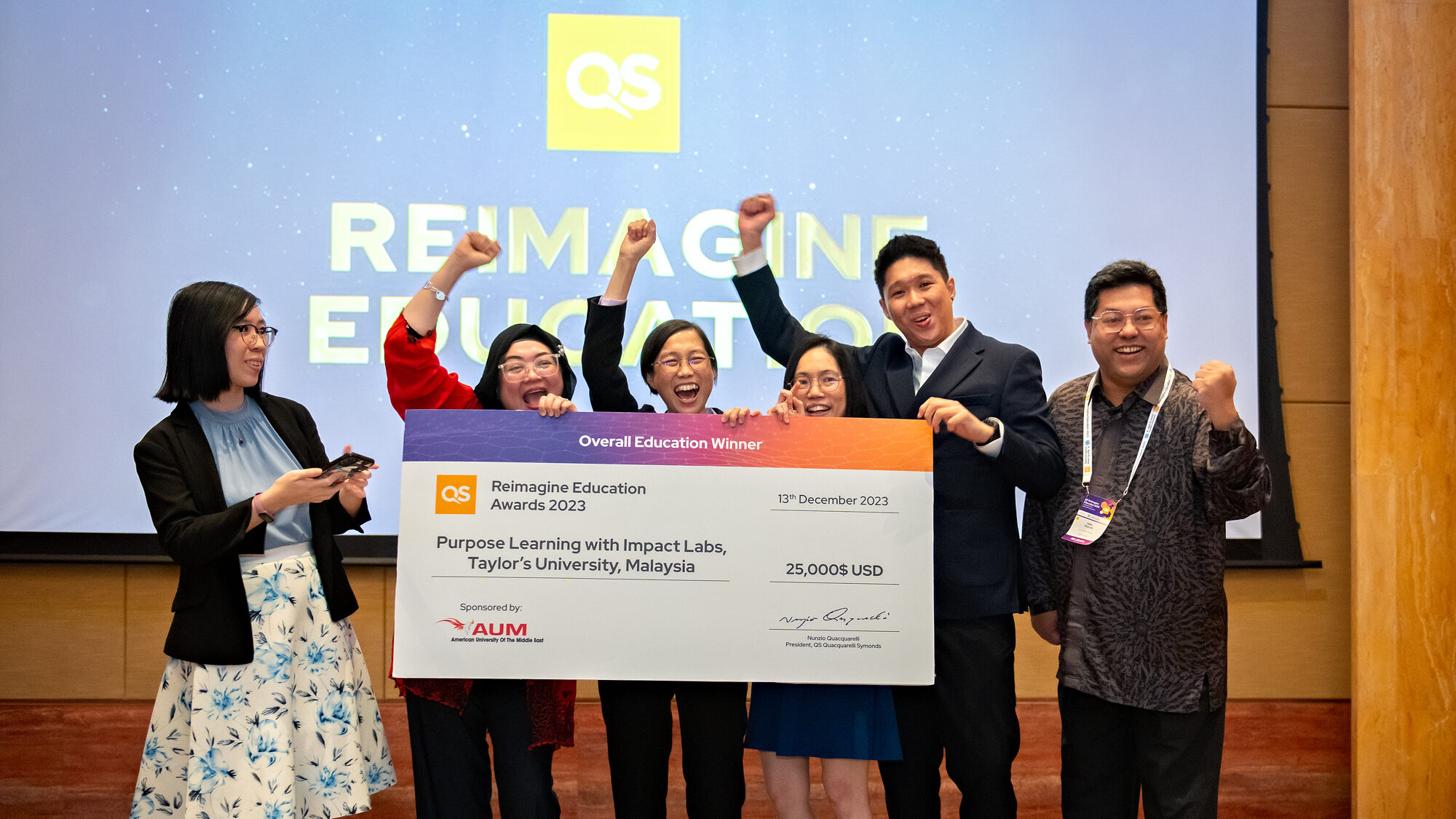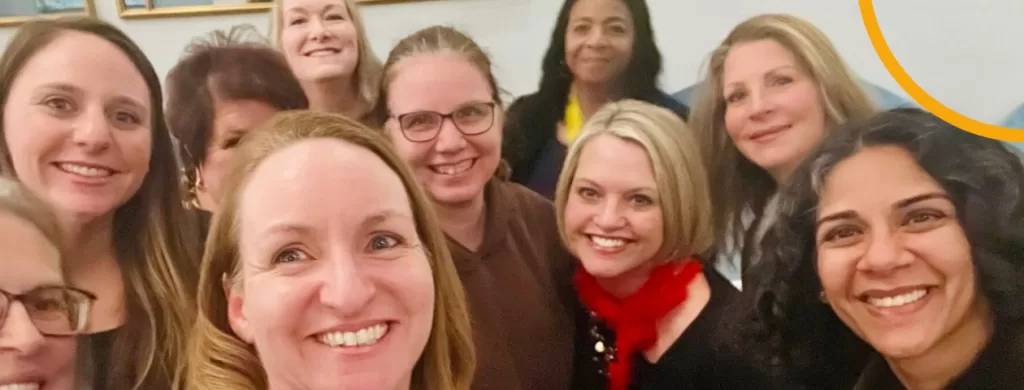
Today, sustainability is one of the most pressing issues in higher education and transcends all university missions – including teaching and research.
According to the QS International Student Survey 2023, which collected over 68,135 responses, 41% of prospective students said that they actively researched the institutions’ environmental sustainability efforts during their search.
Whether it be a university’s admissions policies, or their student recruitment targets, QS strives to highlight those institutions that are integrating innovative pedagogical techniques.

We spoke with Dr Thian Lok Boon, Pro Vice-Chancellor for Learning and Teaching at Taylor’s University. The Malaysian university was recently awarded the ‘Overall Education Winner’ at the QS Reimagine Education Conference 2023, hosted by Khalifa University. The winning project titled “Purpose Learning with IMPACT Labs” sees Taylor’s University deliver teaching aligned to the UN’s Sustainable Development Goals.
Since 2022, “students have had the chance to live their purpose by tackling real-world challenges and contributing to the UN Sustainable Development Goals through our Impact Labs. In 2023, this initiative has integrated 106 Impact Projects in the curriculum, involving more than 4,000 students, working with 120 partners, impacting 3,194 individuals, 43 organisations and 13 communities.”
According to Dr Thian, teaching at Taylor’s University looks to build students’ emotional intelligence, as well as subject-based knowledge.
“Education must manifest the ‘deep humanness’ in us and not be about earning credentials alone.”
Fostering social and emotional development
Dr Thian said: “Research has shown that social-emotional learning provides youth with life skills to successfully navigate life’s challenges, improve their mental health and be fully engaged with life to flourish.”
“Our Purpose Learning initiative helps to grow students’ empathy, social skills, self-worth and sense of agency, as well as fulfill their personal purpose – receiving lots of affirmations from our students, academics, partners and beneficiaries.
“This is by far our proudest achievement as education must manifest the ‘deep humanness’ in us and not be about earning credentials alone.”
Since 2018, Taylor’s University has also offered a compulsory module for its undergraduate students that focuses on emotional intelligence to introduce social-emotional skills.
“The module is called Emotional Intelligence in Action. Through this module, students experience crafting their purpose declarations.”
“Employers expect graduates to behave like the owners, to propose and implement solutions that help the organisations achieve their purpose and missions.”
Addressing the disparity of employer and graduate expectations
Changing economic and political conditions influence the needs of employers, which, in turn, directly affects a graduate’s job prospects. In order to bridge the gap between employers’ expectations of graduates, and realistic graduate outcomes, Taylor’s University actively considers the skills gap within their curriculums.
“Employers expect graduates to behave like the owners, to propose and implement solutions that help the organisations achieve their purpose and missions, to add more value to their stakeholders, leading to greater returns on investment, and at the same time to ensure the long-term sustainability of the organisations,” said Dr Thian.
To better align with employers, Taylor’s University allows students to propose and implement contextualised solutions that tackle real-world challenges in real-world contexts.
“For example, our business students worked with small and medium enterprises to design and implement more effective branding and marketing strategies to increase their sales. Our hospitality and tourism students worked with hotels to review their current practices contributing to sustainability.
“In addition, each student is also provided with a multidisciplinary learning experience to tackle real-world challenges through collaborating with students from different disciplines – resembling how the real world operates.”
“Education will no longer be just about getting good grades and accumulating credentials to ensure high employability but serve to empower our youth to take their productive place as purpose-driven leaders in the global community.”
Can universities remain relevant to future learners and employer needs?
As other universities around the world continue to adapt to remain relevant to both future learners and employers, Dr Thian highlighted that we need to “take higher education back to its humanistic roots by broadening its narrower economic objectives and myopic focus on market value with more meaningful development of higher-level human values that acknowledge human dignity around us. Education will no longer be just about getting good grades and accumulating credentials to ensure high employability but serve to empower our youth to take their productive place as purpose-driven leaders in the global community.
“The generational shift in learner behaviour could not be more fortuitous for universities today, as we are presented with a once-in-a-lifetime opportunity to reshape our value proposition to learners. There is now an amazing opportunity to not only produce highly employable graduates but also a generation of youth who are empowered to make a positive impact on the world.”
“Imagine the powerful and positive outcomes that can be unleashed when thousands of youths, driven by their respective purpose statements undertake university education infused with Impact Projects.”
Celebrating excellence in sustainability

Taylor’s were also awarded the ‘Sustainability Education’ award at the QS Reimagine Education conference 2023– Dr Thian shared what this achievement means for their projects.
“To us, Purpose Learning is a transformative strategy, and it is not about making incremental changes to the education we offer and the research we do. In this case, creating multiple interdisciplinary IMPACT Labs aligned to the specific UN SDGs, and embedding Impact Projects within all undergraduate degree curricula appeared to be risky, abstract and challenging tasks. Hence, this global recognition gives everyone involved comfort that it has been worth the tremendous effort as well as pride to carry on and do more.
“This award also affirms Taylor’s University’s aspiration to be a purpose-driven university, the best university for the world, not just in the world – it is a timely affirmation that we got our ‘future learning’ strategy right!”
The university hopes that by being impact-led, their initiative will mean their students can go on to make a real difference in the world.
“The aspiration is for staff and students to live successful and meaningful lives. To do so, students (and staff) will do what they love, what the world needs (that they care about), what they are good at and what they can be paid for.
“In a purpose-driven university like Taylor’s, students articulate their purpose statements which will help guide them to co-curate their study plans with faculty members to focus on societal problems, understand the issues and craft and implement the solutions throughout their learning journey.
“Imagine the powerful and positive outcomes that can be unleashed when thousands of youths, driven by their respective purpose statements undertake university education infused with Impact Projects.
“We will hopefully start to experience an endless list of exciting contributions to issues of poverty, health, the environment, infrastructure, justice, renewable energy, governance, art, culture and many other areas. At the same time, we will witness a generation of purposeful leaders who are committed to sustainability for life. This is what the UN SDGs are all about.”



